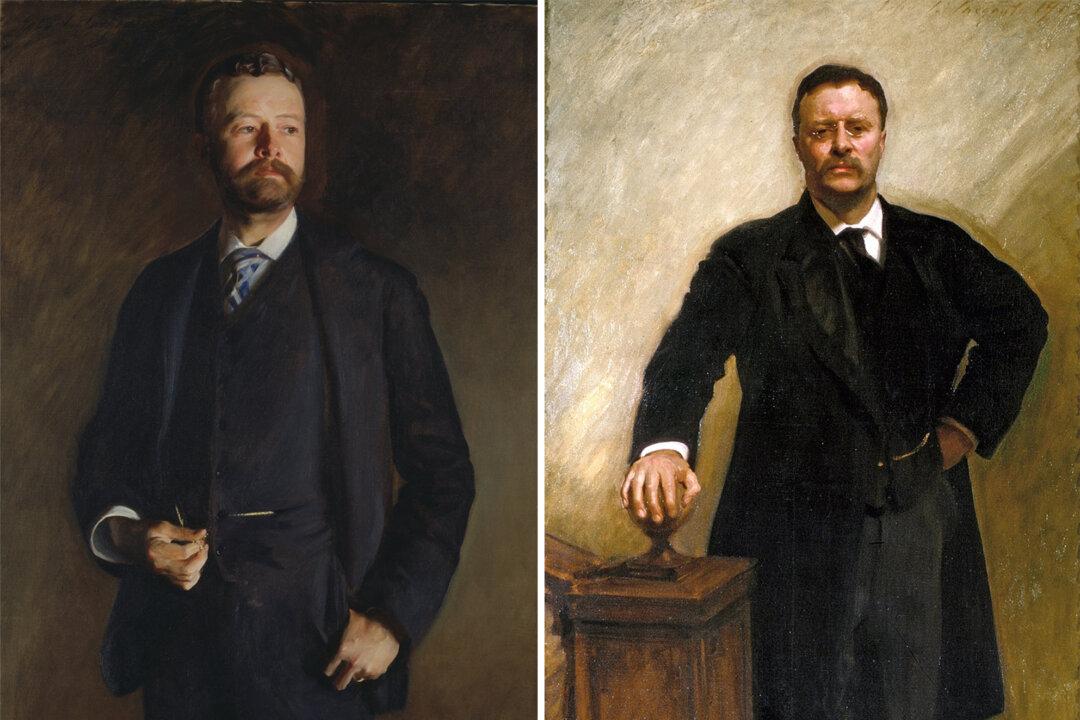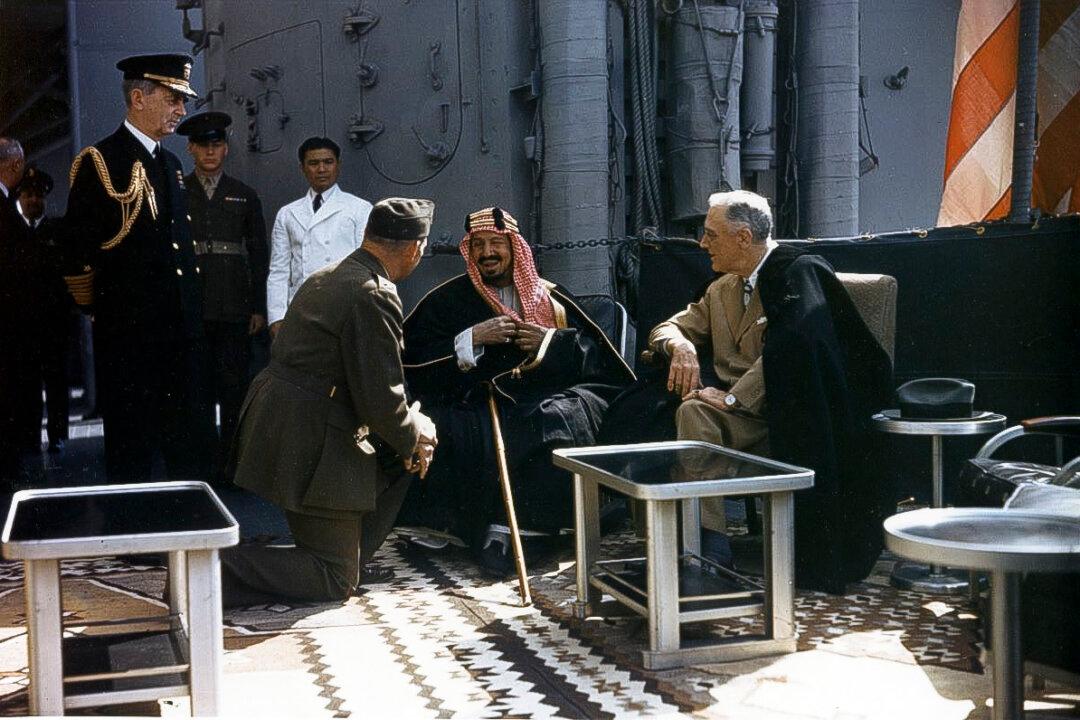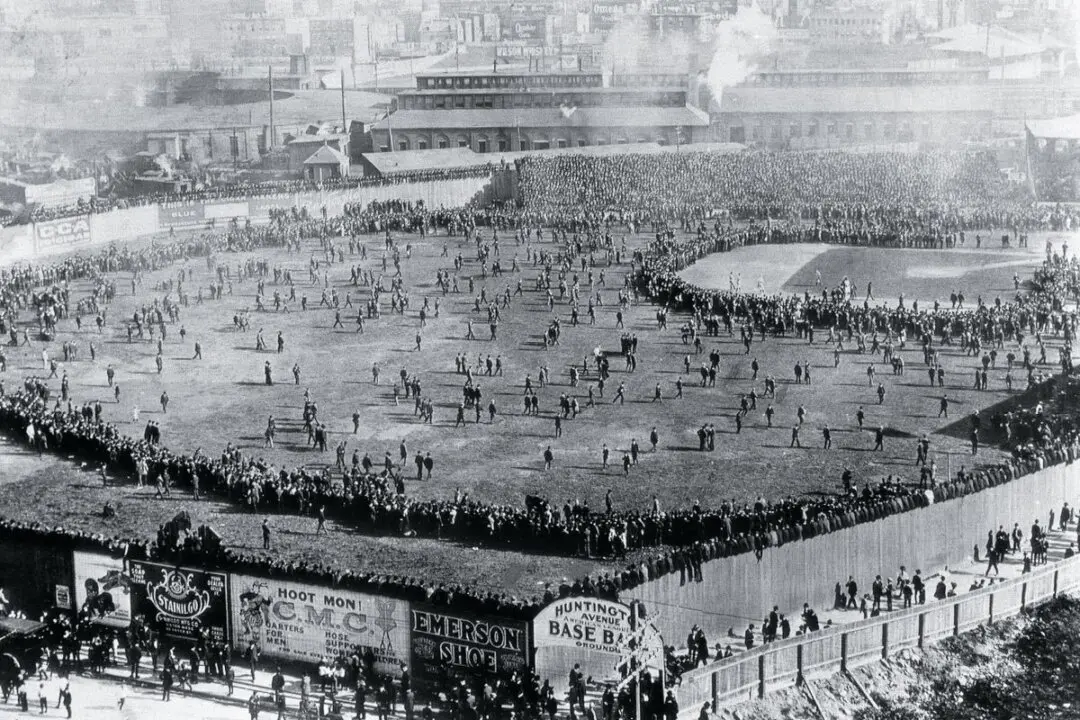There are some friendships that are made for politics. In other words, there are some friendships that are so rare in their qualities that they can stand firm even in the harshest and most cynical of environments. Laurence Jurdem, author of the new book “The Rough Rider and the Professor: Theodore Roosevelt, Henry Cabot Lodge, and the Friendship that Changed American History,” presents the friendship of Roosevelt and Lodge and how politics played its role in forging their bond.
When considering friendships in politics, it is easy to view them with cynicism. Politicians are typically seen as people who skim the surface or plunge to the depths of their political and bureaucratic oceans in search of colleagues in order to create alliances and establish self-preservation. It appears to all be part of power plays famous in the halls of capitols throughout the country, none greater than the one in Washington, D.C.






